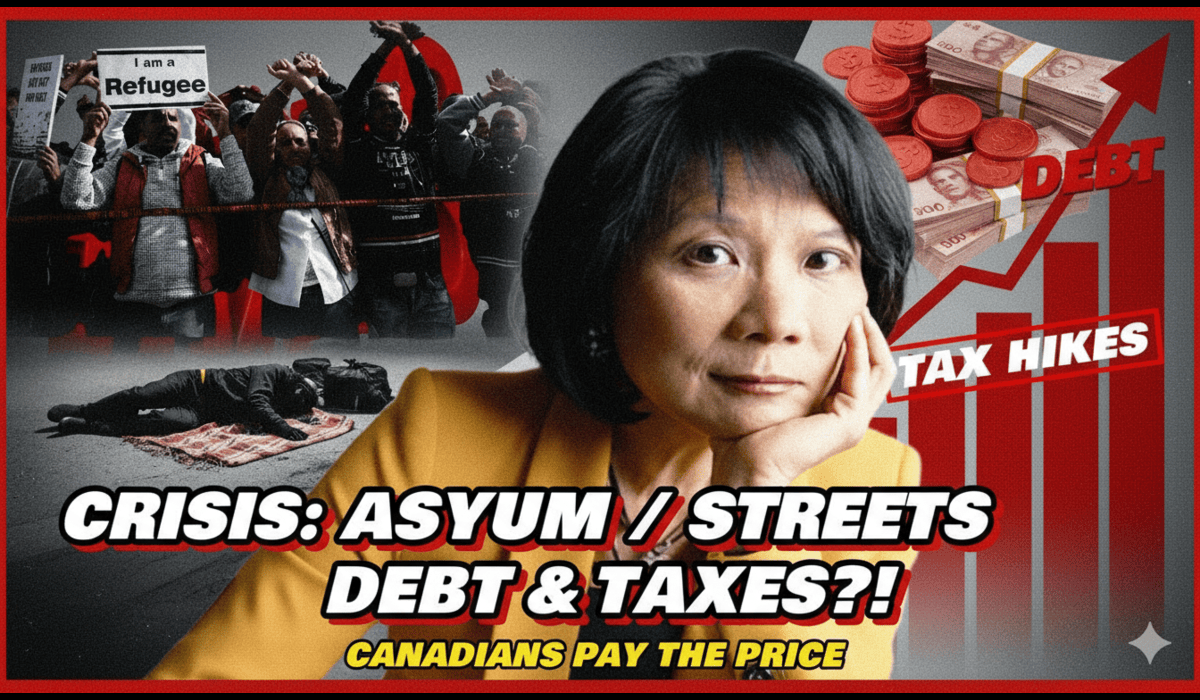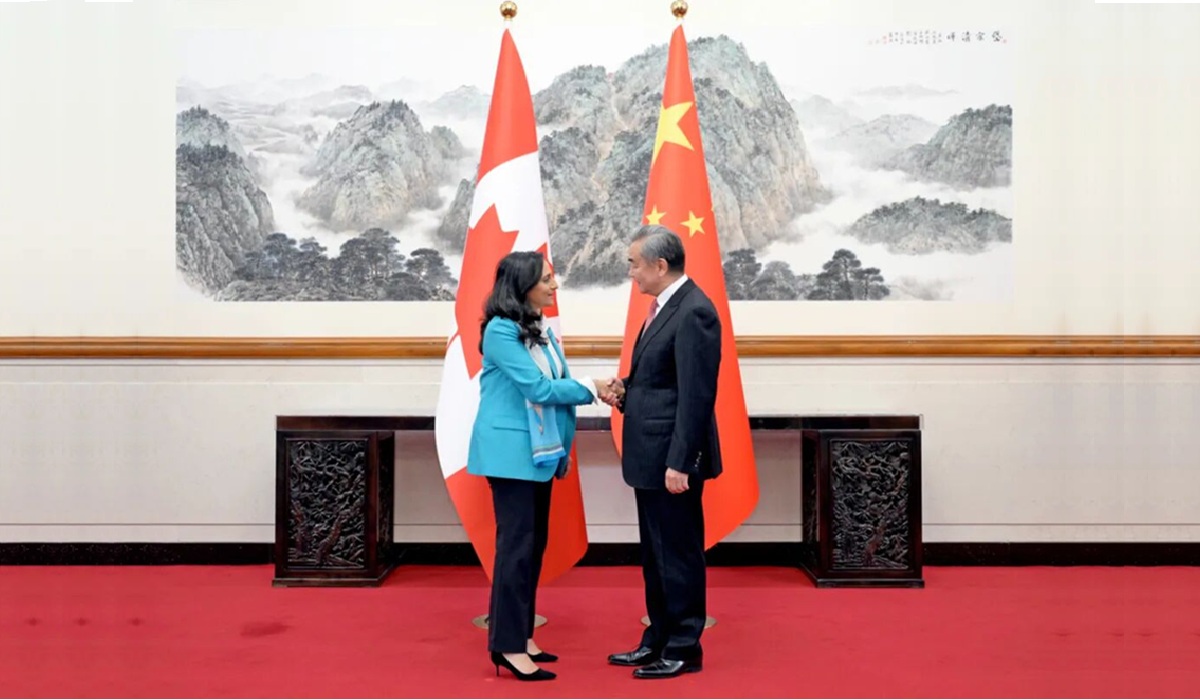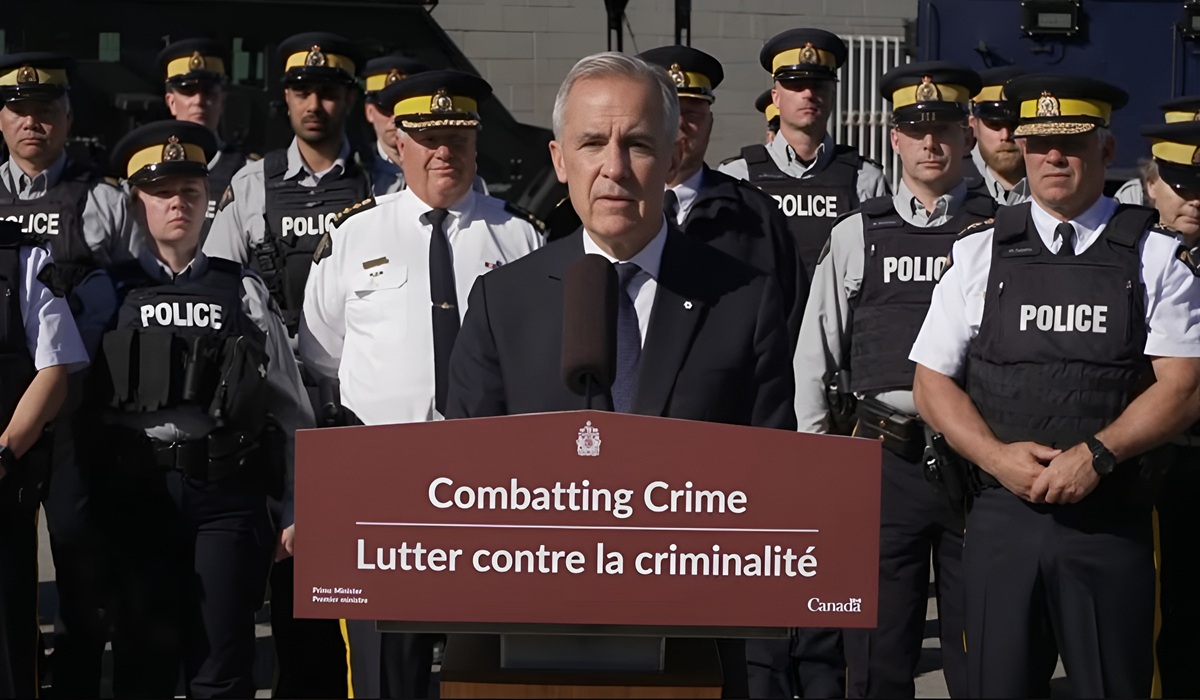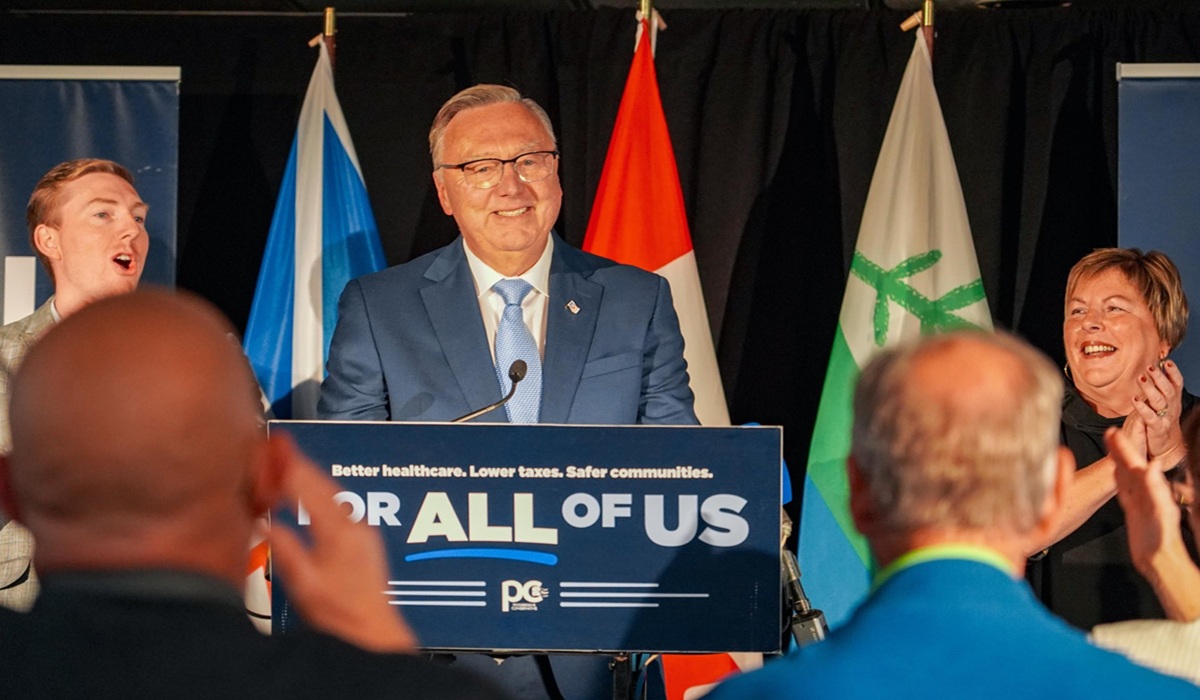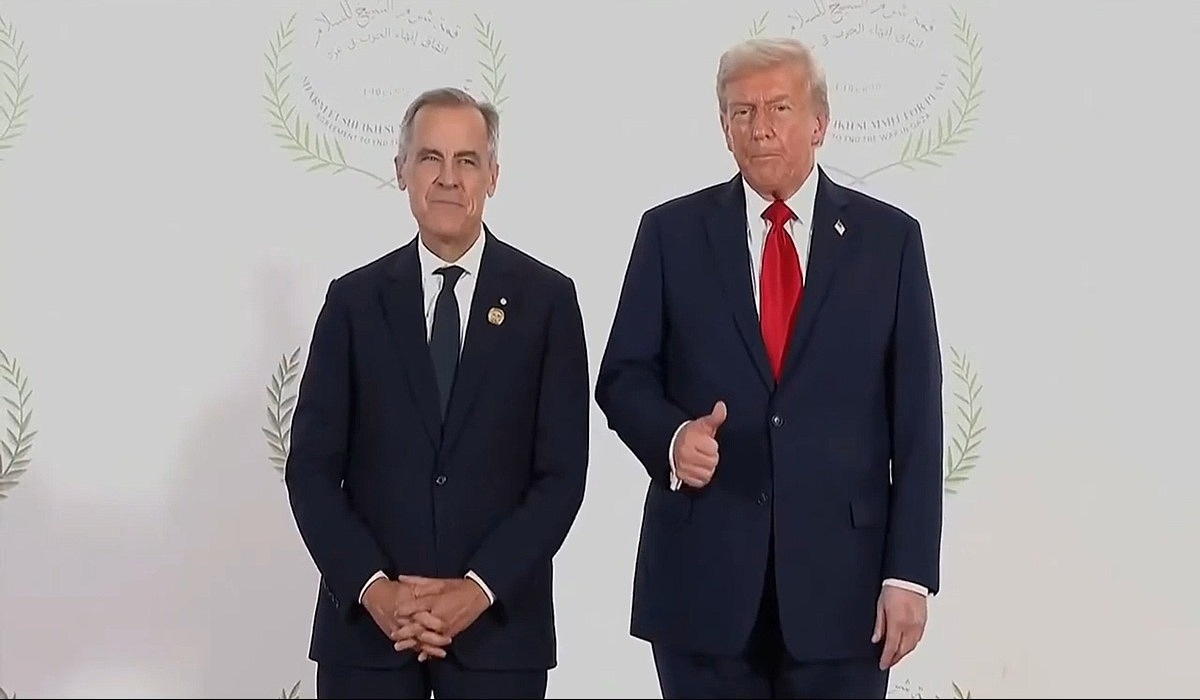U.S. Senators, PM Carney Strike Constructive Tone in Ottawa Amid Trade Tensions
- Kingston Bailey
- Canada
- July 21, 2025
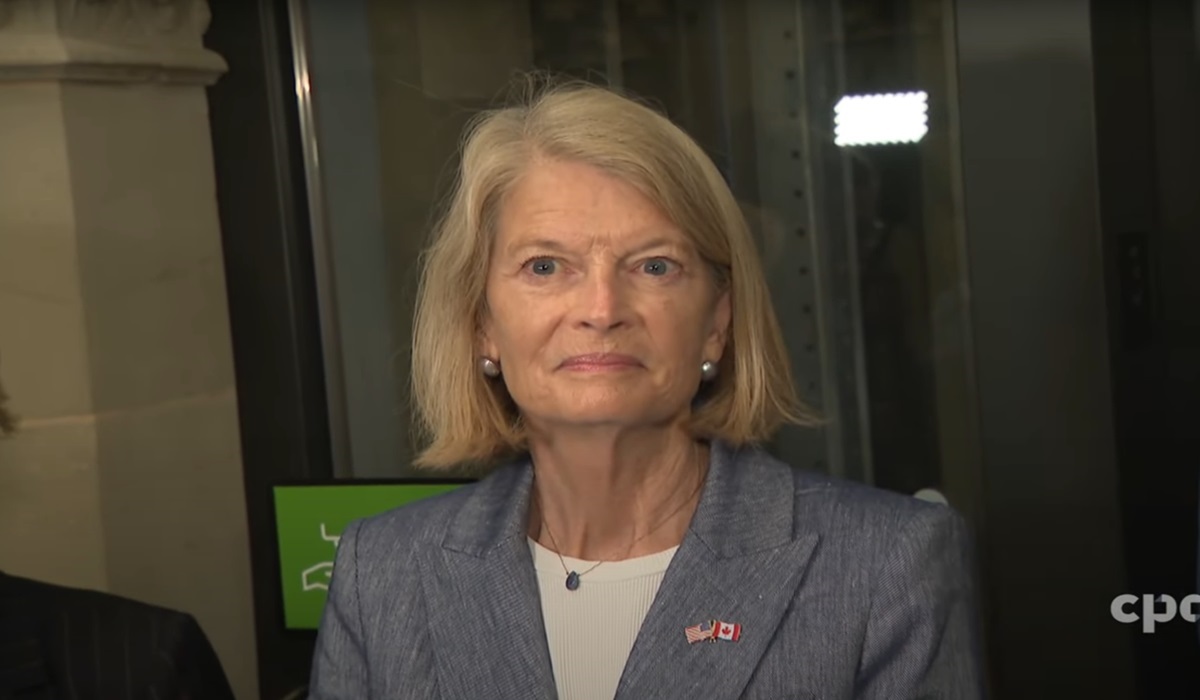
A delegation of U.S. senators visited Ottawa on Monday, July 21, in a bid to smooth over mounting trade and diplomatic tensions between Canada and the United States. During their one-day trip, the bipartisan group met with Prime Minister Mark Carney and several senior officials, covering topics including softwood lumber, digital services taxation, and the renewal of the U.S.-Mexico-Canada Agreement (USMCA). The senators described their discussions as “very constructive.”
The delegation included Senators Ron Wyden (D–Oregon), Lisa Murkowski (R–Alaska), Catherine Cortez Masto (D–Nevada), and Maggie Hassan (D–New Hampshire), all of whom serve on the powerful U.S. Senate Finance Committee. Their meeting with Carney lasted about 45 minutes and was centered on finding common ground on contentious issues that have tested the stability of the cross-border relationship in recent months.
“We made it clear that on a bipartisan basis, we want to work with all sides of the executive branch in both countries to get some stability back in the economy in the United States and in Canada,” said Senator Wyden, who chairs the committee. “I think we now have a clear idea of how to proceed, and that’s to build around some sort of quota arrangement, and the prime minister said he was open to that.”
Wyden was referring to the long-standing softwood lumber dispute, which has resulted in high tariffs on Canadian wood exports to the United States. Canadian officials have expressed interest in resolving the dispute through a quota-based system that would give exporters more predictability while preserving U.S. market protections.
Another key issue raised by the American delegation was Canada’s proposed digital services tax, aimed primarily at large multinational tech firms. Washington has strongly opposed the measure, viewing it as discriminatory toward U.S. companies. According to Wyden, the U.S. senators urged Prime Minister Carney to abandon the plan. “The prime minister was receptive to that. He said he would get on it in the fall,” Wyden told reporters after the meeting.
Senator Catherine Cortez Masto emphasized the importance of reaffirming the trilateral USMCA agreement, which faces upcoming renewal discussions. “There traditionally has been that great partnership with Canada, and for that reason … it is important we reinvigorate the USMCA and work within the confines of the agreement that we’ve already negotiated,” she said.
On defense and geopolitical concerns, particularly around NATO spending and North American security, discussions were more limited, though sources suggest those topics were touched on briefly during the visit. With a looming August 1 deadline for certain trade enforcement actions, both countries are under pressure to resolve key disputes before they escalate further.
When asked about former U.S. President Donald Trump’s recent controversial remark that Canada could become “America’s 51st state,” Senator Lisa Murkowski downplayed the rhetoric. “It has been made very, very clear that most view that as nothing more than a positioning statement, if you will—something to maybe agitate,” she said.
Carney, for his part, kept his public comments brief, describing the meeting as “good” and “very constructive.” While he did not elaborate further, officials close to the talks indicated that both sides viewed the discussion as a step toward renewed cooperation after a period of strain.
The senators also took time to promote tourism and economic links between their states and Canada, visiting local officials and briefly meeting with members of Parliament. The tone throughout the visit remained cordial and solution-oriented.
This diplomatic engagement arrives at a time when the broader bilateral relationship faces pressure on several fronts: Canada’s defense spending levels have drawn criticism from Washington; U.S. industrial policy has frustrated Canadian exporters; and differing climate strategies continue to create economic friction between the two allies.
Despite these challenges, Monday’s meetings suggest there is still strong political will on both sides of the border to resolve disputes through dialogue. While no formal agreements were signed, the language and posture from both delegations hinted at a willingness to de-escalate and work collaboratively toward mutually acceptable outcomes.
With trade enforcement deadlines fast approaching, the coming days will be critical. But for now, the Ottawa visit has bought both governments time—and an opportunity—to get talks back on track.

